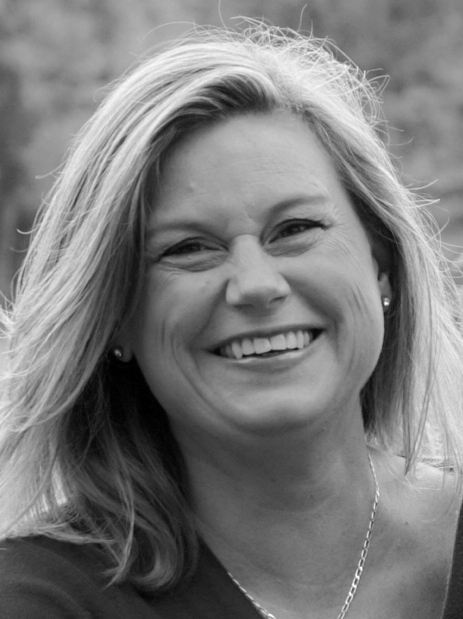- Home
- About Us
- The Team / Contact Us
- Books and Resources
- Privacy Policy
- Nonprofit Employer of Choice Award

 Often charities, (or truthfully, their awesome fundraisers!) hear the word exclusivity and panic, so how can you say no, or at least not right now, and not hurt the potential or growing partnership?
Often charities, (or truthfully, their awesome fundraisers!) hear the word exclusivity and panic, so how can you say no, or at least not right now, and not hurt the potential or growing partnership?
First, give yourself a big pat on the back, because if a corporation wants exclusivity, you must have a kickass program, and they want to work with you!
Then, it is important to remember, that many corporations will ask for exclusivity. However, most of them are open to further questions and negotiations.
Recently, I had a call with a colleague of mine facing this very situation. Her charity was about to sign their biggest corporate partner so far, on a super “sexy” program initiative. The contract came through to finalize and surprisingly it had an exclusivity clause.
She called me with a great list of questions:
1. What did they mean by exclusivity? For example, was if for the whole program or specific program components they were funding? Was the exclusivity for all corporate funders or just with category competitors? OR HOLY CRAP, DID THEY WANT THE WHOLE CHARITY?
2. Should this be a deal breaker?
3. How do we keep moving forward, while we sort through the exclusivity piece?
How to respond to the exclusivity request (by situation)
My overarching principle in this case is to think to yourself: What am I willing to say yes to? So, with that in mind, here are some response options (by the way yes, I do practice them out loud):
1. If you do not have a policy around exclusivity, use this to buy yourself some time, and be transparent.
a. “I noticed that you have included an exclusivity clause in the agreement. We do not currently have a policy that has been approved by our Board of Directors around exclusivity. Would you be willing to remove it at this time?”
2. If the donor says they really want it, ask yourself if there are scenarios which you are comfortable with, for example exclusivity with clear limitations:
a. “I would be pleased to keep in the exclusivity clause, I will include information about the components of the program included (or the specific region) in the exclusivity.”
3. If the donor says they are particularly concerned about a new funder entering who is a competitor:
a. “I am wondering if one of your key reasons for this clause is concern about what other funders might be brought on board in the future. If this is the case, perhaps instead of an exclusivity clause, you would be willing to consider a clause regarding first right of a refusal as we expand?”
4. If this still doesn’t get to yes, then you provide them with a clear next step and timing:
a. “I appreciate that it is important to you. I need to understand a bit more about what you are seeking, and then I can speak to our Board/Senior Leadership about it. As you might be aware I will need to do further background work in order to facilitate this happening. I know this will take a few months, could we put in a clause saying that you will have first right of refusal on exclusivity and a commitment that we will define the investment required and timing within 6 months.”
Promising this next step will require you to do more thoughtful analysis on the risk and opportunity, and ideally, a clear valuation of the property in question, but hopefully it will keep the ball rolling.
In the end, if the corporate partner is serious about their commitment to your program, they will be willing to support you as you do the due diligence required. AND they will respect your thoughtfulness and process.
Whatever you do, don’t rush the answer, be transparent with them and it will work out for the best.
If you want to brainstorm with me, I am happy to chat. If you have other ideas, comments, join the conversation below, or on twitter @heathernelson12.
You’ve got this!